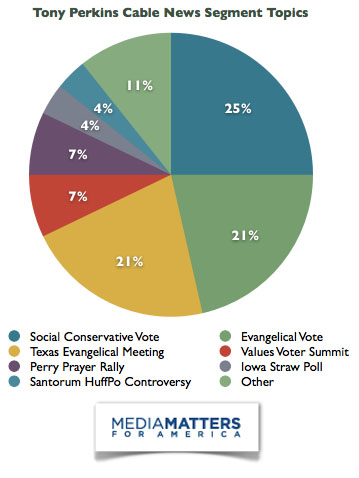
Two prominent LGBT groups are urging journalists to stop conflating religious belief with anti-LGBT attitudes in their coverage of the upcoming midterm elections, pointing to the dramatic rise in support for LGBT equality in communities of faith across the country.
On September 29, GLAAD and the Human Rights Campaign released a resource guide for journalists covering the 2014 midterm elections. The guide, Faith, LGBT People, & The Midterm Elections, is aimed at helping journalists “challenge anti-LGBT talking heads who mask bias as a 'tenet of faith'” by highlighting growing support for LGBT equality in religious communities. According to the resource guide:
For decades, entire denominations, networks of churches, and Biblical and Talmudic scholars have been making a robust case that scripture actually embraces full and complete LGBT lives. In 2012 Christian and Jewish communities of faith spoke out for marriage equality in record numbers in Washington, Maine, Maryland, and Minnesota. Likewise, the United Church of Christ has led a coalition of organizations that have sued North Carolina over its ban on marriage equality on first amendment grounds. And in Houston, Lutheran and Metropolitan Community Churches hosted and organized the effort to pass the Houston Equal Rights Ordinance. Even respected evangelical Bible scholars like Dr. James Brown and Dr. David Gushee have been encouraging evangelicals to rethink their reading of Scripture on LGBT issues while Catholics for Marriage Equality refuse to abandon their LGBT sons and daughters and the faith they love. These pro-equality voices of faith matter, and they aren't getting the media attention they deserve.
Instead of highlighting religious support for LGBT equality, media outlets tend to rely on the voices of some of the most extreme voices of anti-gay conservatism, treating them as broadly representative of religious voters. Nowhere was this more apparent than during the run-up to the 2012 presidential election, when even mainstream news networks relied heavily on commentators like Tony Perkins - president of the anti-gay hate group the Family Research Council - to speak on behalf of religious voters:

Perkins represents a tiny, fringe element of the religious right - the kinds of people who still believe gay men are more likely to be pedophiles than heterosexuals. But because media outlets elevate extreme anti-LGBT voices during discussions about religious voters, people like Perkins contribute to a grossly inaccurate story about religious support for LGBT equality in America.
The conflation of homophobia with religious faith - specifically with Christianity - is a common theme in conservative media. Public figures who make inflammatory anti-LGBT comments are defended as merely having expressed their Christian beliefs. Hate groups that peddle harmful smears about the LGBT community are described as Christian organizations, even when their views are entirely divorced from mainstream Christian doctrine. Laws aimed at prohibiting anti-LGBT discrimination are denounced as anti-Christian assaults on religious liberty. Business owners who refuse to serve gay customers are championed as martyrs in the fight for religious freedom.
The media's unwillingness to distinguish anti-LGBT bigotry from sincere, mainstream religious belief isn't just inaccurate - it makes it more difficult to advance meaningful protections for LGBT people. Coverage of the upcoming midterm elections offer media outlets a new opportunity to dispel the “God vs. gay” mythology that has warped audiences understanding of faith in America for years.